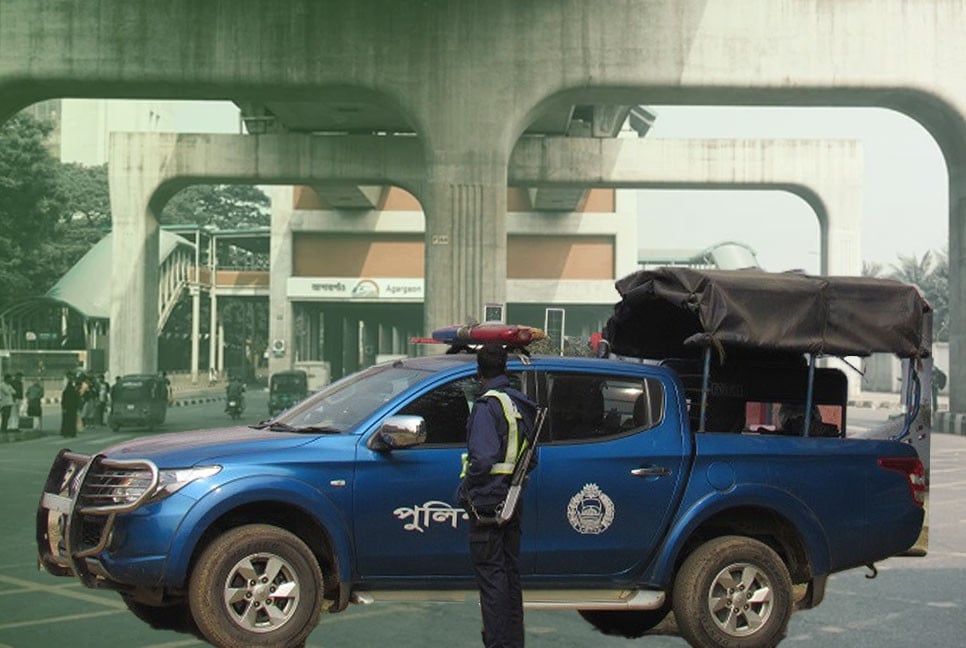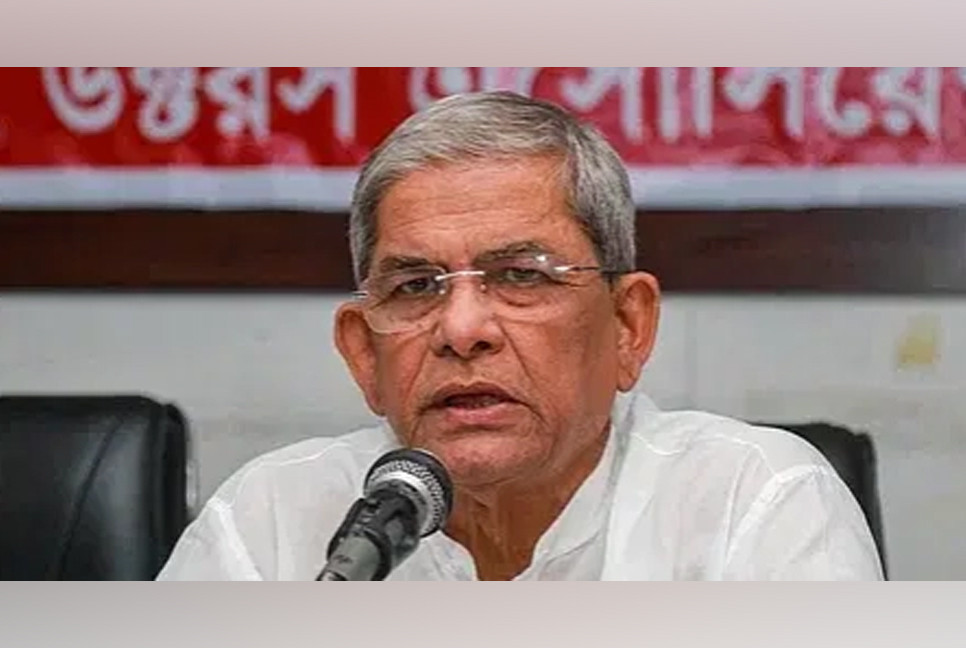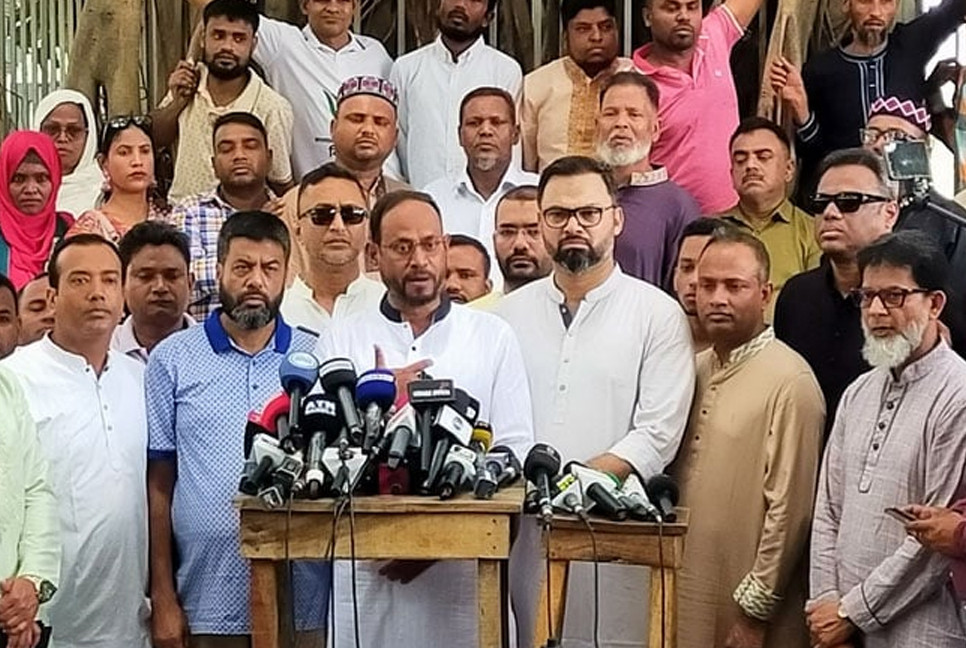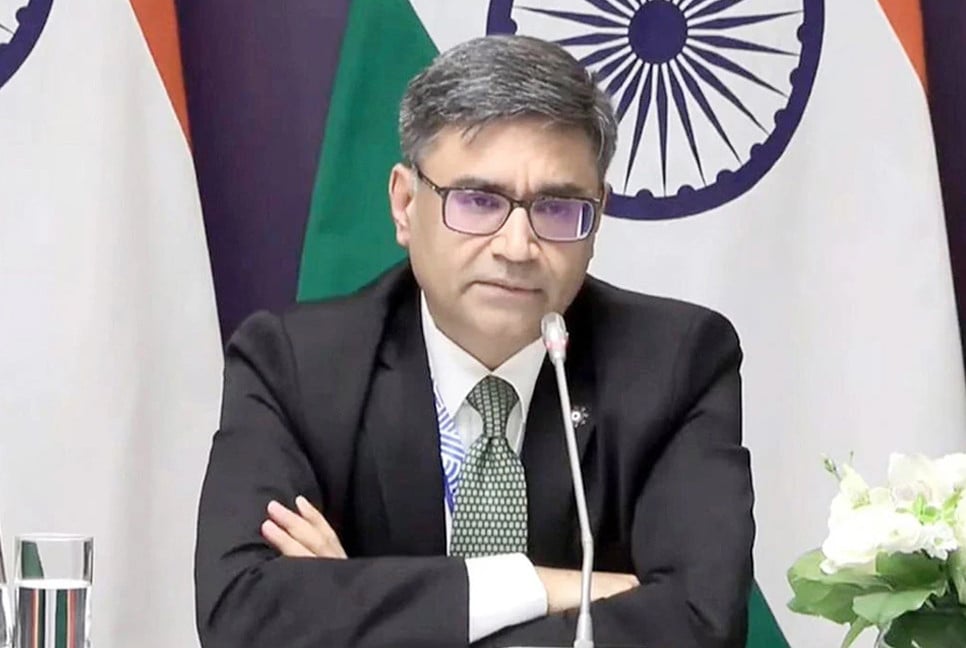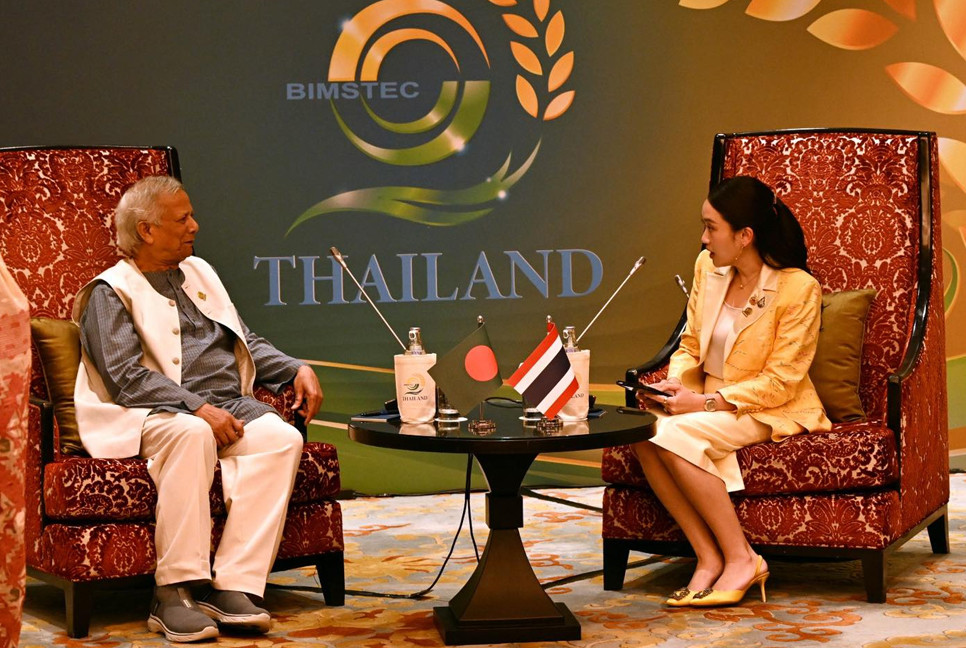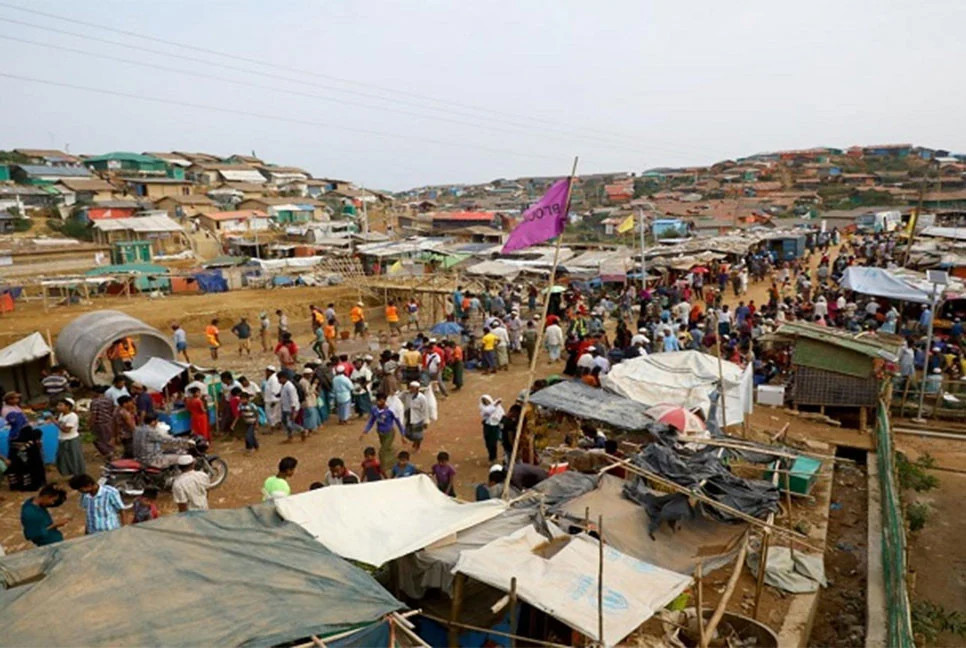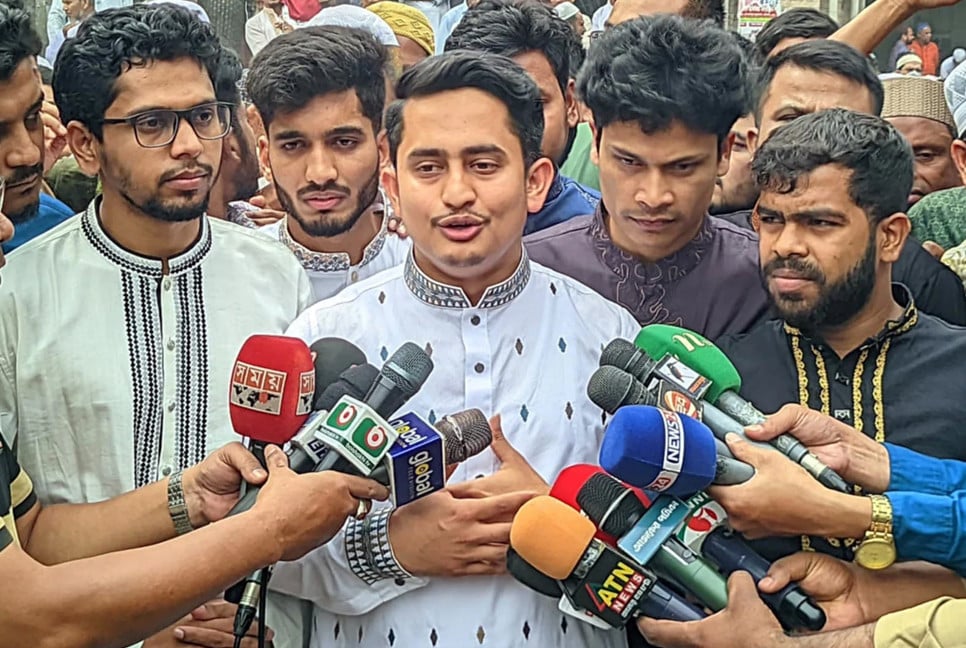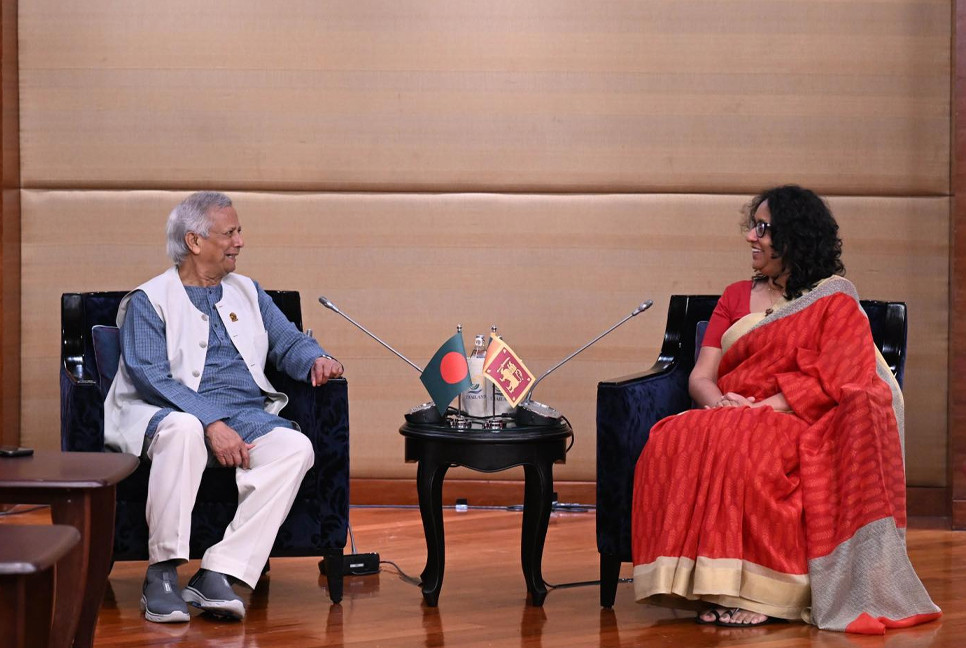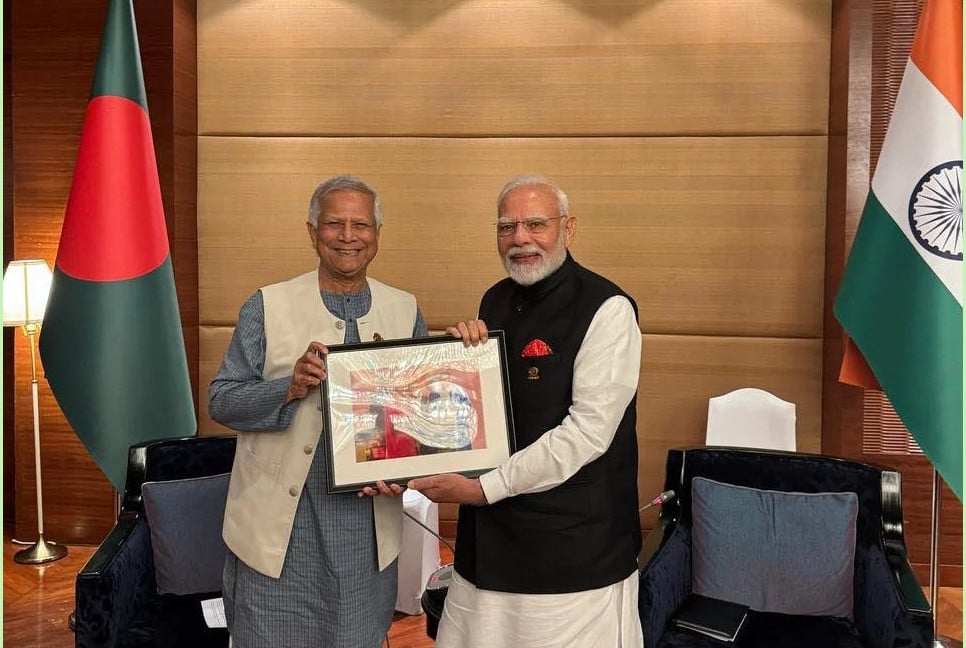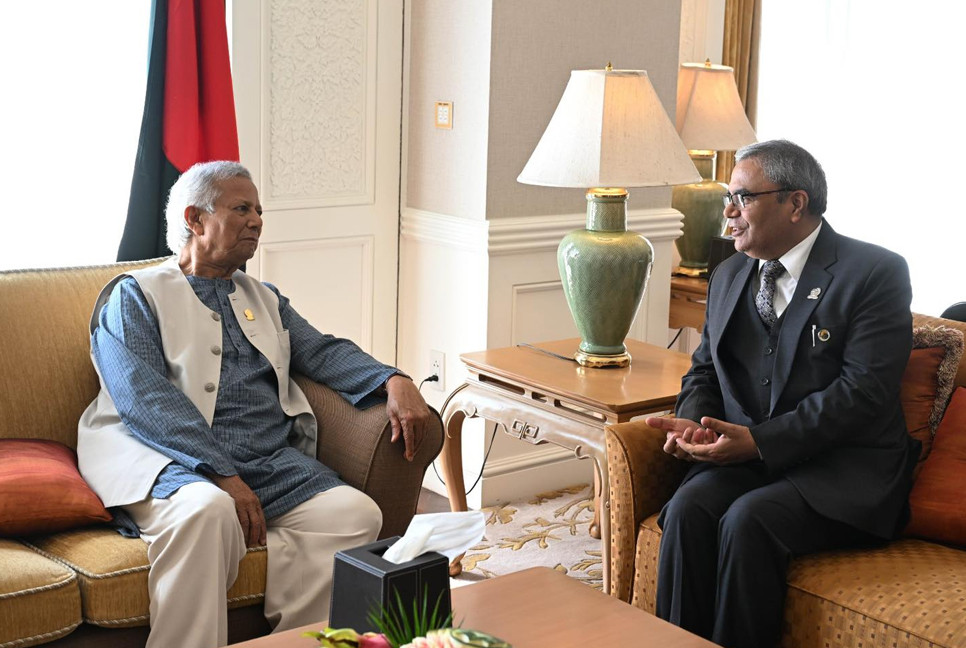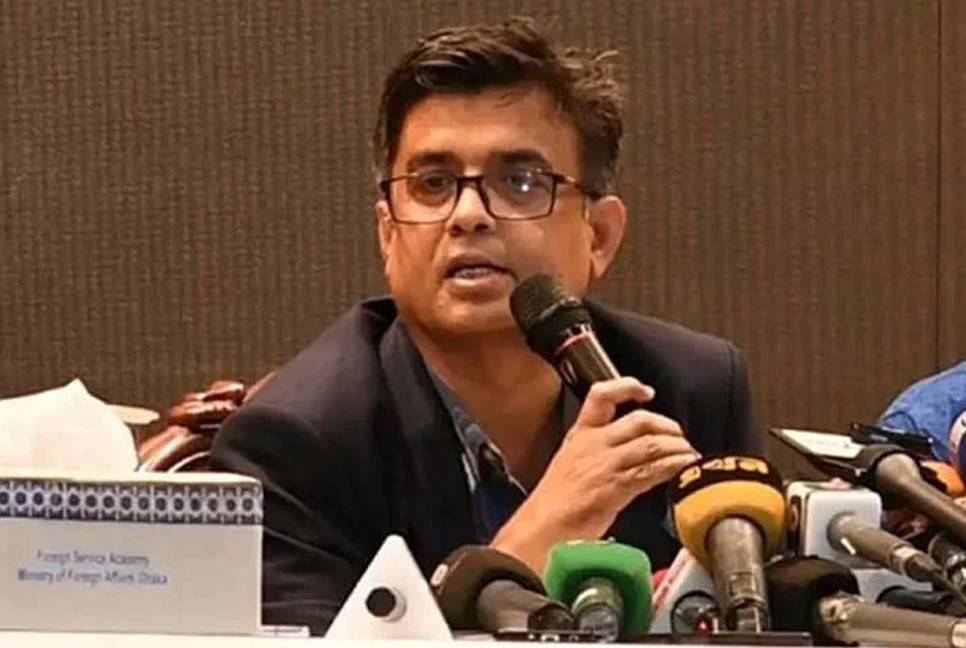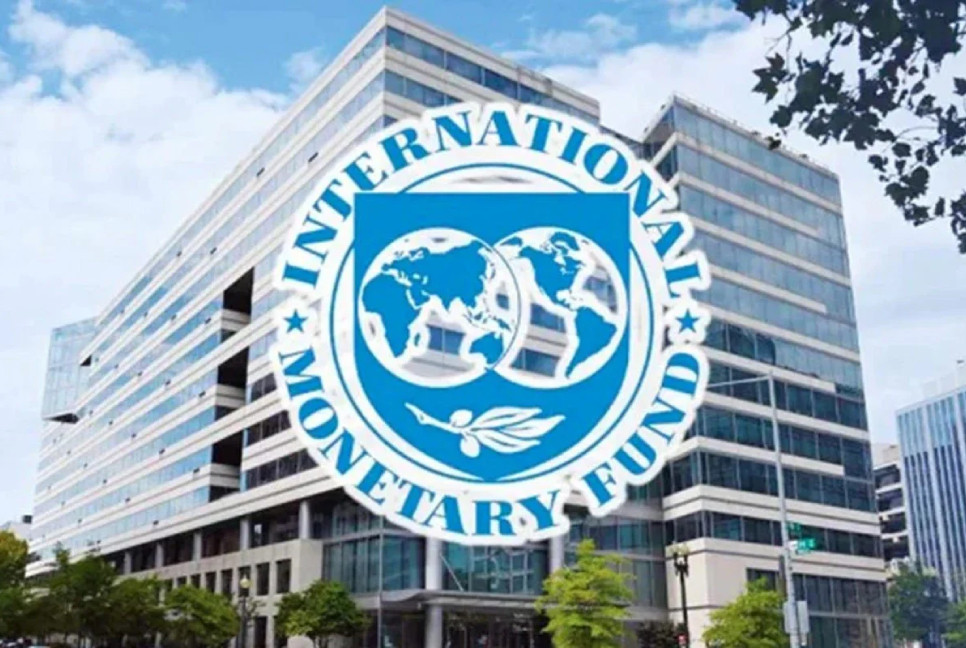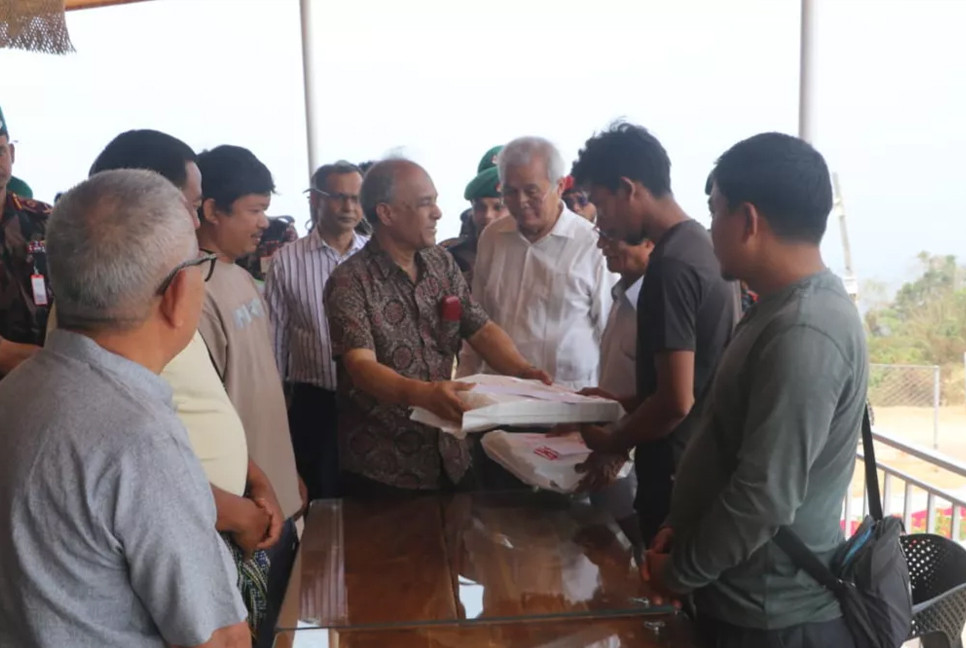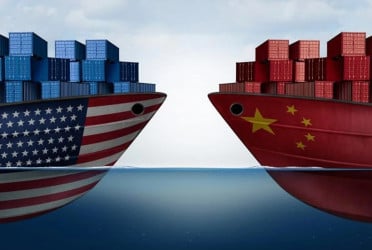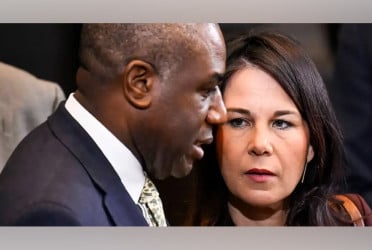The Bangladesh police force regularly receives donations—ranging from vehicles to infrastructure—from private companies, wealthy individuals, and politicians, some of whom have criminal backgrounds. While police officials justify these contributions as a necessity due to financial constraints, critics argue that they compromise law enforcement’s neutrality and create conflicts of interest.
Experts warn that relying on external donors, especially those with vested interests, undermines public trust and raises serious ethical concerns. They argue that if donors were genuinely interested in philanthropy, they could focus on sectors such as health, education, or agriculture rather than law enforcement.
Former inspector general of police (IGP) Muhammad Nurul Huda acknowledged the need for logistical support but stressed that reliance on private donations signals government inefficiency. "If the government provided adequate funding, there would be no need to accept external donations," he told the Daily Sun.
A senior police officer, speaking anonymously, explained that businesses, including banks, donate vehicles as part of corporate social responsibility or in response to police requests. While not illegal, he acknowledged that such donations foster a psychological dependence on donors.
However, Assistant Inspector General and police headquarters spokesperson Enamul Haque Sagor defended the practice, asserting that accepting logistical support does not compromise police neutrality. "The government funds police operations annually. However, it is true that some organisations voluntarily contribute patrol vehicles and traffic police boxes," he said. "There is no scope for donors to influence police duties. However, accepting support from individuals or institutions with controversial backgrounds remains a concern."
Supreme Court lawyer Monjil Morshed was more critical, equating such donations to bribery. "A state force must operate independently with government funding to maintain its integrity. When a police station accepts a Tk40-lakh vehicle from an individual, officers develop a psychological reluctance to act against them," he argued.
Police officials insist that donations are only accepted with government approval and maintain that neutrality is not compromised. "If a donor has a criminal background, we take that into account," said Dhaka Metropolitan Police (DMP) Additional Commissioner Hasan Md Shawkat Ali.
However, past cases suggest otherwise. In 2021, police in Rajbari accepted a vehicle from Zillul Hakim, an Awami League leader and former railway minister, now wanted in multiple murder cases. In 2020, Narayanganj police took a vehicle from Jatiya Party lawmaker Selim Osman, a member of a family with a history of criminal allegations. In 2023, a police camp in Cox’s Bazar received a vehicle from former Awami League MP Shaimum Sarwar Kamol, accused of land grabbing and financial crimes.
According to police data from 2024, the force had 10,946 vehicles but required at least 16,124, with a shortage of over 5,176 operational vehicles, including motorcycles. During last year’s political unrest, 1,074 police vehicles were damaged, but only 400 new ones were purchased, prompting the police to requisition private vehicles.
On 23 January 2025, Runner Group donated five motorcycles and a pickup van to the DMP. Expressing gratitude, DMP Commissioner Sheikh Md Sajjat Ali said the vehicles would enhance patrol capacity. Other private firms, such as Orix Group, have financed police infrastructure, including traffic police booths in Dhaka.
Experts warn that continued reliance on private donations could result in wealthy individuals and corporations exerting undue influence over law enforcement. "If this trend persists, the police could become a tool of the elite rather than an independent state force," lawyer Monjil Morshed cautioned.
The government, which allocates billions to various sectors, must ensure adequate funding for emergency services like the police, Morshed added. "Instead of allowing donations from individuals with vested interests, authorities should take legal action against those who use financial support to gain police protection."
Police Reform Commission Member Md Zarif Rahman noted, "We have observed that the police budget has increased only for salary and allowance, but not for logistics and other sectors. We have recommended providing police with the required number of vehicles so that they do not have to rely on wealthy and influential individuals and entities."
Repeated attempts to contact Home Adviser Lt Gen (retd) Md Jahangir Alam Chowdhury for comment on 17-18 February went unanswered.
Source: Daily Sun
Bd-pratidin English/ Jisan

